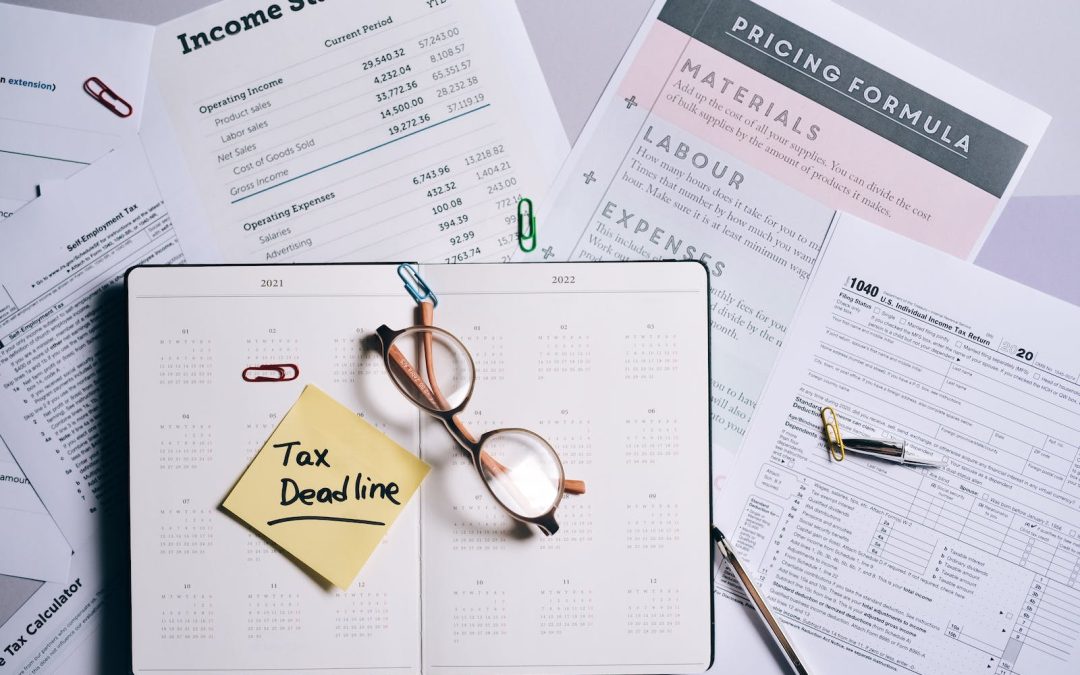Basis Period Reform is on its way. Here’s how it could affect you!
In April 2024, HMRC is changing its approach to business taxation through the basis period reform. But what exactly is a basis period, and how is it being reformed? This Blog will work to answer these questions by investigating basis period reform and the common questions surrounding it.
Generally, unincorporated businesses set up their annual accounts to coincide with the same date each year, known as their accounting date. With the current system, business owners can calculate their total profit or loss for the year by using this date and allocating the 12 months that follow it as their tax year or basis period. Essentially, basis period reform aims to standardise the dates that unincorporated businesses base their tax year around. In turn, a business whose accounting date falls outside the tax year (March 31st and April 5th) needs to adjust their accounting according to basis period reform.
Why is Basis Period Reform Happening?
Basis period reform aims to level the playing field in regard to small businesses, with the government stating that it will “create a simpler fairer and more transparent set of rules for the allocation of trading income.” Within current taxation laws, two businesses making the same profit but with different accounting dates can pay completely different taxes. This difference results in some businesses benefiting, and other not, an imbalance that the HMRC wishes to correct.
- HMRC, “Using the tax year basis will remove this complexity and lead to a clearer and more transparent relationship between the profits arising in a tax year and the tax liability related to them.”
Who Will be Affected?
Only certain businesses will be affected by the reforms, primarily those unincorporated. It will also only affect businesses which compile their annual accounts to a date different to the 31st of March or the 5th of April. Those affected,
- 7% of sole traders.
- 33% of partnerships
- Certain Trading Trusts
- Certain Estates
- Certain Non-resident companies
How Will Basis Period Reform Affect businesses?
Currently 2023/2024 is a transition year regarding base period reform. Businesses whose accounting year doesn’t coincide with the standardised taxation year will simply report on an extended basis period until they have caught up. Whilst calculating a tax return around this, you must utilise the accounting year in addition to this transitional period, effectively creating an extended report. In theory, this should align the taxation years for all unincorporated businesses for the beginning of April 2025.
This all sounds straightforward, but in practice, these reforms will initially raise issues such,
- Additional administrative work.
- Uncertainty with business owners.
- Time constraints regarding finalising figures.
- Potentially weakening partnerships/partnership income
Can I Avoid Paying Tax Twice?
The additional transitional profits arising from an extended basis period in 2024 should be offset by overlap relief originally given in Year 2 of the business. This was a mechanism to avoid paying tax twice on overlapping earnings in the early years of trading if your year-end was other than 5th April.
You can get that figure using this link:
https://www.gov.uk/guidance/get-your-overlap-relief-figure
Summary
Whilst at first these changes may give cause for confusion; they should ultimately act to simplify. The standardisation brought through basis period reform should put all affected businesses on the same terms regarding taxation, streamlining the process for accountants and HMRC.
Curious if these changes apply to you? If so, feel free to get in touch with us here at Baxterworld via the contact details on our website.
#accounting #accountancy #finances #financetips #business #smallbusinessowneruk #tax #taxreturn #basisperiod
